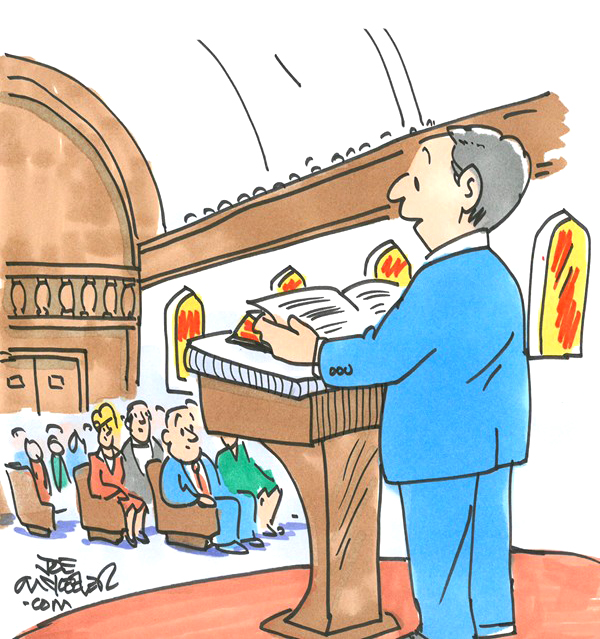
 NASHVILLE (BP) – It is an understatement to say that we live in a world where truth is struggling. Some speak in ways that would have been foreign to previous generations when truth corresponded to reality. We now speak of “your truth” or “my truth.” To even assert the notion of absolute, objective truth is viewed as arrogant, narrow-minded, even bigoted. What are we to make of this?
NASHVILLE (BP) – It is an understatement to say that we live in a world where truth is struggling. Some speak in ways that would have been foreign to previous generations when truth corresponded to reality. We now speak of “your truth” or “my truth.” To even assert the notion of absolute, objective truth is viewed as arrogant, narrow-minded, even bigoted. What are we to make of this?
We know that Romans 1:18 notes that because of sin we suppress the truth. We press it down, shove it out of our minds, reject its claims on our lives. It would be easy to list the multiple ways we suppress the truth. But why do we suppress the truth? Three observations as to why we suppress the truth are followed by six ways we can confront this suppression of truth.
First, we suppress the truth because in our sin we do not like revelation. God has revealed Himself in creation, in the written Word, and in Jesus Christ. If revelation reveals that God exists, then this means that truth is objective, eternal and outside of me. Further, it means that I do not get to determine what is right or wrong because those determinations come from outside of me – from God. I suppress truth because revelation prohibits me from playing God.
Second, we suppress the truth because in our sin we do not like what it says about reality. If God has revealed Himself in creation, in the written Word, and in Jesus Christ then it is God who has the authority to describe reality. I do not get to define what is right or wrong, what is real or not real, what is allowed and not allowed. For example, I may think I have the right to self-identify as I please, but in reality, it is God who has the authority to determine the nature of the self. I suppress the truth because it prohibits me from having the right to do and say as I please.
Third, we suppress the truth because in our sin we do not want to be responsible. That is, if God has revealed Himself and the nature of reality, then this means I am accountable to align my thoughts and feeling with that revelation, my reality with His reality. In other words, I suppress the truth because I do not want to be accountable to the truth of God, to the God of truth.
How do we confront this rejection of truth?
First, we must know the truth ourselves. We know the truth by embracing the revelation of God in creation, the written Word, and in Jesus Christ. Second, we must live truth. To embrace truth as a purely intellectual exercise and not live out that truth is the height of hypocrisy. Third, we must apply the truth to every aspect of our lives. Knowing, living and applying the truth to our own lives must come first before we confront a truth-less world.
Fourth, as we live out the truth in our own lives, we then speak the truth and we do so in love. To know the truth and remain quiet is sin. But we do not speak arrogantly, rather, we speak humbly because truth is not self-derived but revealed. Fifth, we stand firm in the truth. Knowing, living, applying and speaking the truth is not easy. We must remain steadfast in our embrace of God’s revealed truth. Finally, we must trust God. While we present the truth to a truth-less world it is God alone who gives the spiritual breakthrough to the sinner – the one who suppresses truth – to see and embrace the truth (2 Corinthians 4:1-5).
And there is good news. Truth never changes because God never changes. Truth stands like a castle among the chaos and ruins of a culture adrift in a sea of lies. Our affirmation or rejection of the God of truth does not impact truth – truth is truth and it stands firm. This means that we can lean into, stand on, proclaim and affirm God’s revelation of Himself in creation, in the written Word, and in Jesus Christ. In the end, truth wins because God in Christ wins.





















